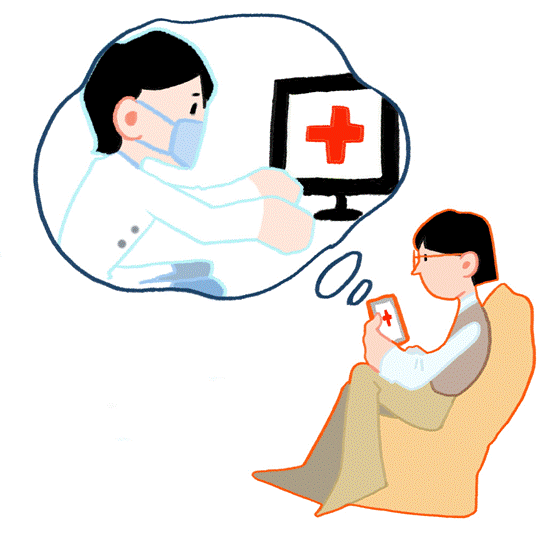40: How to handle grief during the pandemic?

Q: A relative of mine has died from COVID-19. Normally, we would travel to the funeral to support the family. How can we support our family members who are grieving while maintaining safe social distancing? 💁 Tracy: Many people have passed away in the COVID-19 pandemics, unfortunately. This means many more families are in grief. Every tradition has ceremonies to memorialize someone’s passing and help the family through the difficult time that follows. Social distancing has made such large gatherings difficult, but you can still help family members. Here are some suggestions: Talk to clergy about appropriate ways to offer support during the pandemic. Alternative forms may be adapted, for example, by sending food and gifts to the family. Call or use video technology to express your condolences. Participate in any service that is conducted via technology. Send notes, gifts, or flowers unless religious or health concerns prevent them. Stay in contact with the famil...





